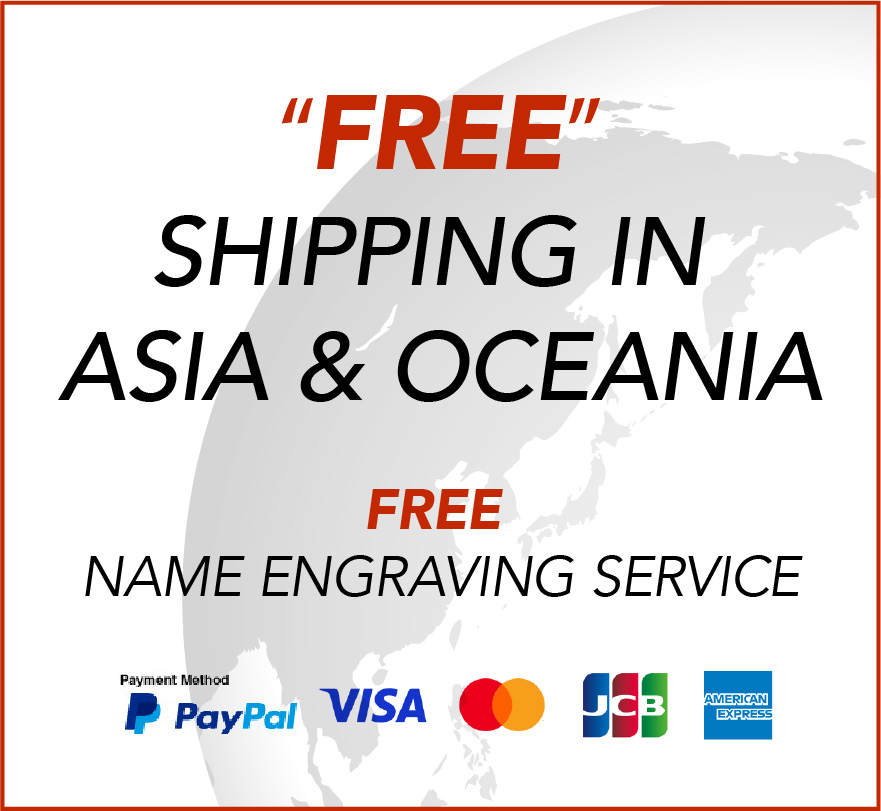- HOME
- About Us
- Swordsmith Blog
- Japanese Knives Shining in Kitchens Around the World
About Us

Japanese Knives Shining in Kitchens Around the World
A Blade That Carries the Samurai Spirit and Connects to the SDGs
Japanese knives are far more than ordinary kitchen tools. Each blade, forged in workshops filled with the sound of fire and hammering steel, carries the spirit of the samurai swordsmith, the soul of the craftsman, and even values that connect to a “sustainable future.” In this article, I’ll share the daily life of the workshop, the science behind the blade, and how Japanese knives embody both cultural heritage and the principles of the SDGs.
Table of Contents
Japanese Knives Born from a Day in the Workshop
Before dawn, the quiet town echoes with the rhythmic “kan, kan” of hammering
steel. In front of glowing red-hot metal, the craftsman relies on subtle
colors and scents to strike at the perfect moment, never missing the ideal
heat. Forging, quenching, and sharpening—all are infused with the spirit of
traditional sword-making.
The finished knife refines the movements of the chef and transforms
ingredients into culinary art. At TERUYASU FUJIWARA EDGED TOOL CRAFT, we
have preserved this way of life for over 150 years.
Regional Traditions That Shaped Japanese Knives
The culture of Japanese knives is deeply tied to the food traditions of each region. In Osaka’s Sakai, thin-bladed knives evolved alongside sushi culture. In Gifu’s Seki, once a sword-making center, versatile all-purpose knives were perfected. In Fukui’s Echizen, heavy-duty Deba knives were forged to meet the needs of fishing towns.
TERUYASU FUJIWARA EDGED TOOL CRAFT continues this lineage, handcrafting knives in our Ibaraki workshop. Our renowned Maboroshi no Meito (Maboroshi, "Illusory Sword") uses White #1 steel as its core, delivering exquisite sharpness. The Denka no Hoto (Denka, "Treasured Sword") employs Super Blue steel clad in stainless steel, combining rust resistance with exceptional edge retention. Each knife is crafted to transform cooking into a cultural experience.
The Science of Steel and the Craftsmanship Behind Sharpness
The sharpness of Japanese knives rests on both the science of steel and the mastery of heat treatment. Carbon steel maintains its edge for a long time but is prone to rust, while stainless steel offers ease of care and resistance to corrosion. More recently, powdered steels have advanced durability and sharpness even further.
At TERUYASU FUJIWARA EDGED TOOL CRAFT, we adjust the balance of hardness and toughness through quenching (rapid cooling) and tempering, processes inherited from swordsmiths. Our precise temperature control ensures cuts that preserve the integrity of food cells, keeping flavors and textures intact. This fusion of science and craftsmanship is exactly why Japanese knives are so highly valued around the world.
A Sustainable Tool for Life: The Culture of Repair and the SDGs
Japanese knives can last for decades with proper care, making them true lifetime tools. Even when chipped or rusted, they can be re-sharpened to regain their original performance. This reflects Japan’s cultural spirit of “repairing and continuing to use,” a philosophy opposed to mass consumption and mass disposal.
This approach directly connects to SDG Goal 12: “Responsible Consumption and Production.” Cherishing one knife saves resources and reduces environmental impact. Protecting traditional craftsmanship also supports regional employment, aligning with Goal 8: “Decent Work and Economic Growth.” Every knife from TERUYASU FUJIWARA EDGED TOOL CRAFT preserves culture while contributing to a more sustainable society.
The Spirit of “Ittcho Nyukon (一丁入魂)” at TERUYASU FUJIWARA EDGED TOOL CRAFT
Since our founding in 1870, TERUYASU FUJIWARA EDGED TOOL CRAFT has carried forward the spirit of swordsmiths for more than 150 years, forging each blade with ittcho nyukon (一丁入魂)—putting one’s whole soul into every knife.
For us, a knife is not just a product but a bridge connecting culture and the future. From the moment you hold it in your hand, it becomes more than a tool—it becomes part of your story in the kitchen.
Conclusion
Japanese knives inherit the spirit of the samurai and the skill of master craftsmen, while also aligning with the SDGs’ vision of a sustainable future. The culture of repairing and re-sharpening knives reflects Japan’s respect for tools and resources alike.
At TERUYASU FUJIWARA EDGED TOOL CRAFT, our knives are forged with ittcho
nyukon (一丁入魂), bringing culture and hope for the future into your kitchen.
Please visit our official website (https://www.teruyasu.net/)to find
your very own ittcho.
This is Miho from Fujiwara Teruyasu Blade Craftsmanship Customer Support.
FAQ
-
Why are knives counted as “ittcho” instead of “ippon”?The character “丁” means “something straight and well-finished,” making it a fitting counter for finely forged blades. It’s not just about quantity—it expresses the value and respect embedded in each knife.
-
Is there a difference in how Japanese swords are counted?Yes. Japanese swords are counted as “一振り (one swing),” while kitchen knives are counted as “一丁 (one unit).” The words differ, but both reflect a shared respect for blades as vessels of spirit.
-
What meaning does the word “ittcho” carry?It signifies that each knife embodies the craftsman’s soul. For example, the Denka and the Maboroshi are both forged with ittcho nyukon (一丁入魂)—wholehearted dedication—elevating cooking into art.


